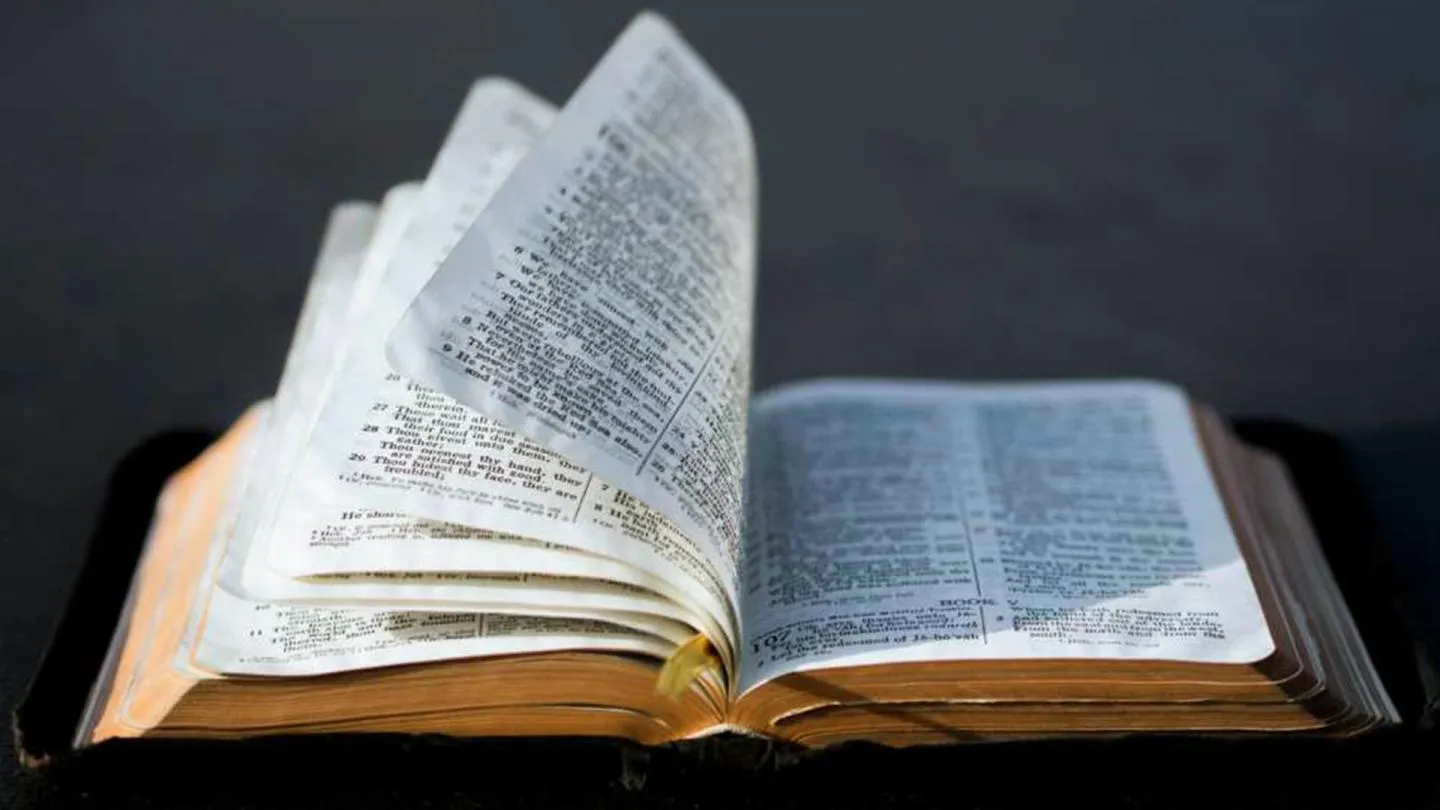Author and commentator Carrie Sheffield has long been a bold voice in the political news space.
But she’s now opening up in a much more personal way in her new memoir, “Motorhome Prophecies,” a candid journey exploring abuse, trauma, and spiritual healing.
Sheffield says it’s a book that comes at a time when culture is desperately reeling, citing alarming suicide statistics showing nearly 50,000 people took their own lives in 2022 alone.
“I wrote the memoir because I just felt … we’re at this time right now in America with record depression and suicide rates,” she said. “We have the highest suicide rate since 1941, and we have the highest depression rate ever.”
Born Into Purported Chaos
Sheffield said she’s no stranger to dealing with mental health struggles as a result of what she described as a tumultuous and chaotic upbringing.
“I was born into a family where I’ve been struggling with these issues for decades now, and, to me, it seemed like God wanted me to be able to share the tools that I’ve been able to develop,” she said, noting how her experience turning to God changed everything.
The political commentator said there’s plenty of scientific evidence to back that “God, and church, and religious practice, and faith are very good for your mental health.” Sheffield said these practices are strongly associated with decreased depression and suicidal ideation.
“God heals,” Sheffield said, noting, though, recovery can be a lifelong process.
Sheffield said writing her book was difficult and like formulating an “anti-résumé.” While a résumé has everything for which a person is proud, this book was filled with “unresolved, hidden things” and difficult moments that bred shame.
Opening Up
But the book was an opportunity for Sheffield to deal with the difficult moments from her past she had tried to ignore or push to the side. As she worked on the project, she realized the common nature of her story — and saw how it could help others struggling to persist through their own challenging pasts.
“The Bible tells us, ‘There’s nothing new under the sun,’” she said. “So, it’s really not that personal of a book in the sense that every single trauma that I dealt with in our family … potentially millions of people have also struggled with.”
Though Sheffield’s family issues might offer a “bigger bundle” than the average American, the story itself is relatable. As a child, she said she, her parents, and her seven siblings faced fluctuating periods of stability and instability.
“Sometimes, we were in a third-world existence, and then sometimes we were in a first-world existence,” she said. “So it’s hard to pinpoint any average day, because we did have houses. We were living in normal houses, like normal people, but then we would be back on the road in the motor home.”
As can be imagined, 12 people living in a motor home was quite difficult. Other times, though, the housing situation was even less accommodating.
“We also lived in sheds, and tents, and my mother gave birth to my brother when the family didn’t even have a motorhome — we just had the tent,” Sheffield said. “It was almost … a third-world existence.”
Despite the inconsistency, she said there were some common and expected practices. Each morning, Sheffield said, the family would pray — but not in the way one might think.
“We would wake up and we would be told by my dad how evil we were, how wonderful he was, how he had a prophetic call to save America,” she said, claiming her dad was later excommunicated from the Mormon church.
A Walk in Darkness
Years later, Sheffield spent 12 years as an agnostic after experiencing such spiritual chaos. It’s a time in her life she calls her “walk in darkness.”
“Unfortunately, I allowed the religious trauma to make me bitter and angry at the idea of God,” Sheffield said. “Because, yes, the name of God was used to abuse me, and my siblings, and my mom.”
Sheffield was eventually the first in her family to leave home and head to Harvard — something her father disapproved of. But she said abuse and chaos left her feeling unsafe at home.
While she found much success in life, the spiritual journey came with its challenges.
“I remember struggling with that verse in Jeremiah … where he says, ‘I, [the] Lord know the plans that I have to prosper you, to give you hope in a future,’” Sheffield said. “I just felt like that verse was mocking me, and I like to say, with trauma, you end up compounding and traumatic responses yield more traumatic reactions.”
She continued, “Having the childhood trauma from my dad compounded by other traumatic choices I made for myself and to look back at the wreckage of my own choices and know that I was the one who caused that.”
Embracing Christianity
When Sheffield came to embrace Christianity, she said she found something quite powerful about the messy parts of her story.
“What I found in the Christian walk is that the wreckage … nothing is wasted,” she said. “So that really appeals to me and why I wrote the book is that I believe there are a lot of people who have made wreckages of things in their lives, but to know that God can use that just like in Joseph, in the book of Genesis, where he says, “What was intended for evil, God can use for good.’”
Looking back on her journey, Sheffield said she now knows she was desperate to outshine her father and prove him wrong. That’s one reason she found such success in media and other industries.
Beyond that, she was also motivated to find something better than from which she came.
“I didn’t want to be trapped in a motorhome,” she said. “I wanted to build something different and something better, and I also wanted to have a positive impact in public policy, and seeing and traveling the world, and looking at history about how much policy matters and how it shapes the trajectory of a people.”
Sheffield hopes “Motorhome Prophecies” helps others who have experienced various life struggles to know they aren’t alone. She also hopes to inspire them to “get involved in community” and to connect with a “strong church.”
“Don’t be afraid to be vulnerable,” Sheffield said.



